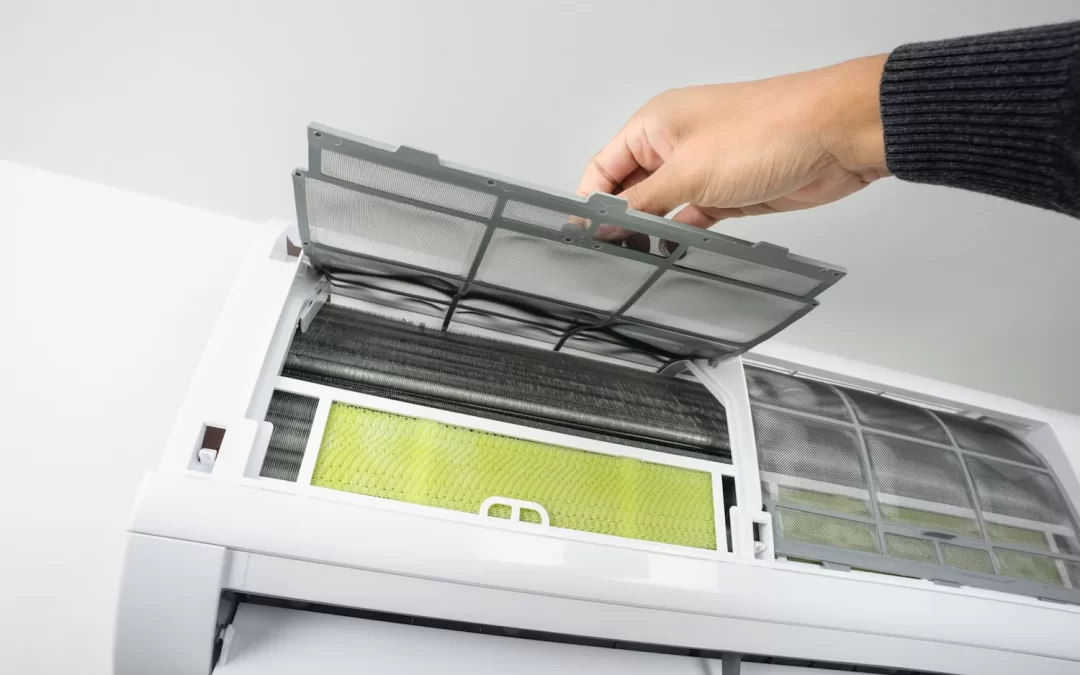These false beliefs concern how an air conditioner works and how it should be maintained. We have developed a selection of aircon misconceptions in Singapore and intend to expose them with facts that will help you understand how your inverter air conditioners may be made more efficient to assist smooth out your experiences with air conditioners.
1- Inverters and Energy Saving are Not Associated:
Despite widespread advertising, most of us are still not convinced by the air conditioning industry’s claims that its products save energy. Regardless of what anybody propagates, we still feel that inverters are not much different from standard air conditioners.
This is not correct, and understanding how inverters and their compressors function is crucial to grasping why. Inverters, to put it briefly, are ACs that adjust the speed of the motor that drives the compressor based on the cooling load. Each and every one of the inverter Air Conditioners faithfully operates on the principle of energy efficiency, as promised.
2- You Need to Turn the AC on & off in Short Intervals:
With older models of air conditioners, we had to manually turn the unit off when the room was at the desired temperature and back on when the temperature rose. Many people think this is also the case with inverters.
In fact, inverters eliminate the need to manually adjust the thermostat by turning the power on and off at regular intervals. The compressor will run at maximum capacity until the set temperature is reached. After that point is reached, the air conditioner doesn’t need to be turned on and off as often to maintain the set temperature.
3- Inverter Air Conditioners are Very Expensive:
The price difference between inverter and non-inverter air conditioners is not as significant as many of us assume it to be. If you are looking to save money on your monthly power bill, an inverter air conditioner is a great investment that would not break the bank.
This is true for all inverter Air Conditioners, which are available at low costs while having energy saving features that may reach up to 85%. You can find out how much money you save every month thanks to the inverters if you do some digging.
4- Bigger Air Conditioners Provide More Cooling:
The general public thinks that the proverb “the larger, the better” applies equally well to air conditioners. The size of the air conditioners, however, must be considered in relation to the dimensions of the space.
The larger the space, the more powerful the air conditioner must be. Not only will you waste money on a unit that is too large for the space, but issues with dehumidification, air leakage, and other variables may prevent your air conditioner from doing its job.
5- The Outside Unit Should Not be Installed Higher than the Inside Unit:
This is another common misconception concerning ductless AC units. This is not the case with Inverter ACs, provided they have been properly installed. The inverter air conditioner functions normally when installed by trained professionals who seal off the inside unit to prevent compressor oil from leaking in.
6- Only New Buildings Should Use Inverter Air Conditioners:
Ductless and inverter air conditioning systems, when correctly installed, may be just as effective in pre existing structures as they are in brand new construction. Ductless air conditioners are convenient for pre existing houses since they simply need a little wall opening for the refrigerant line.
It is thus never too late to invest in inverter air conditioner technology, whether you are constructing a new house or have lived in the same home for many years. In fact, inverter technology is quickly becoming the preferred replacement for conventional central air conditioners among households.
7- The Air Quality Is Not Improved by Ductless Installations:
This is totally false! The better cleaning features of ductless units actively strive to enhance the quality of indoor air. These appliances include built-in filtration systems that collect allergens and other small particles, making your house healthier to live in. Certain models may even prevent mould growth, absorb harmful microorganisms, and eliminate unpleasant smells.
8- Inverter Air Conditioning Technology Won’t Cool Your Home Evenly:
The belief that these air conditioners do not provide uniform cooling to your house is another frequent misconception. Although this may be the case with window AC units, it is never the case for ductless models.
If you install a ductless system, your home’s temperature will remain consistent all the time. In addition, the system may be programmed to begin cooling your house at the temperature of your choice.
9- Air Conditioners Only Cool the Air:
One of the most common misconceptions about air conditioners is that they only cool the air. In reality, air conditioners also remove humidity from the air, which can make a significant difference in how comfortable a room feels.
High humidity levels can make a room feel hot and sticky, even if the temperature is relatively low. Air conditioners use refrigerants to cool the air and remove humidity, creating a more comfortable environment.
10- You Don’t Have As Much Control With Ductless Systems:
Single family houses, apartments, and even individual rooms may all benefit from ductless air conditioning systems’ high degree of adaptability. Becoming ductless allows you to independently regulate the temperature in different rooms. You will maintain the temperature exactly where it needs to be so everyone is happy and comfortable.
As a result of their adherence to energy regulations, ductless air conditioners are more efficient than conventional ones. In addition, the refrigerant used by these systems does not contribute to ozone depletion, making them a green option for your house.


